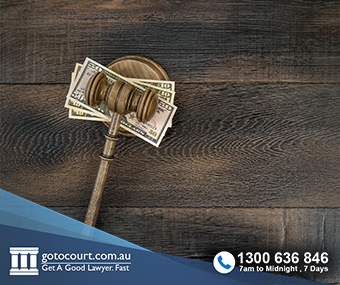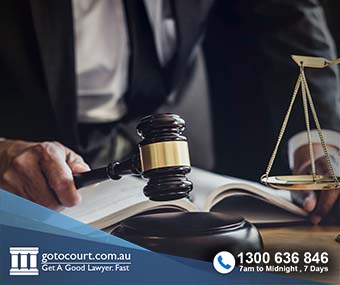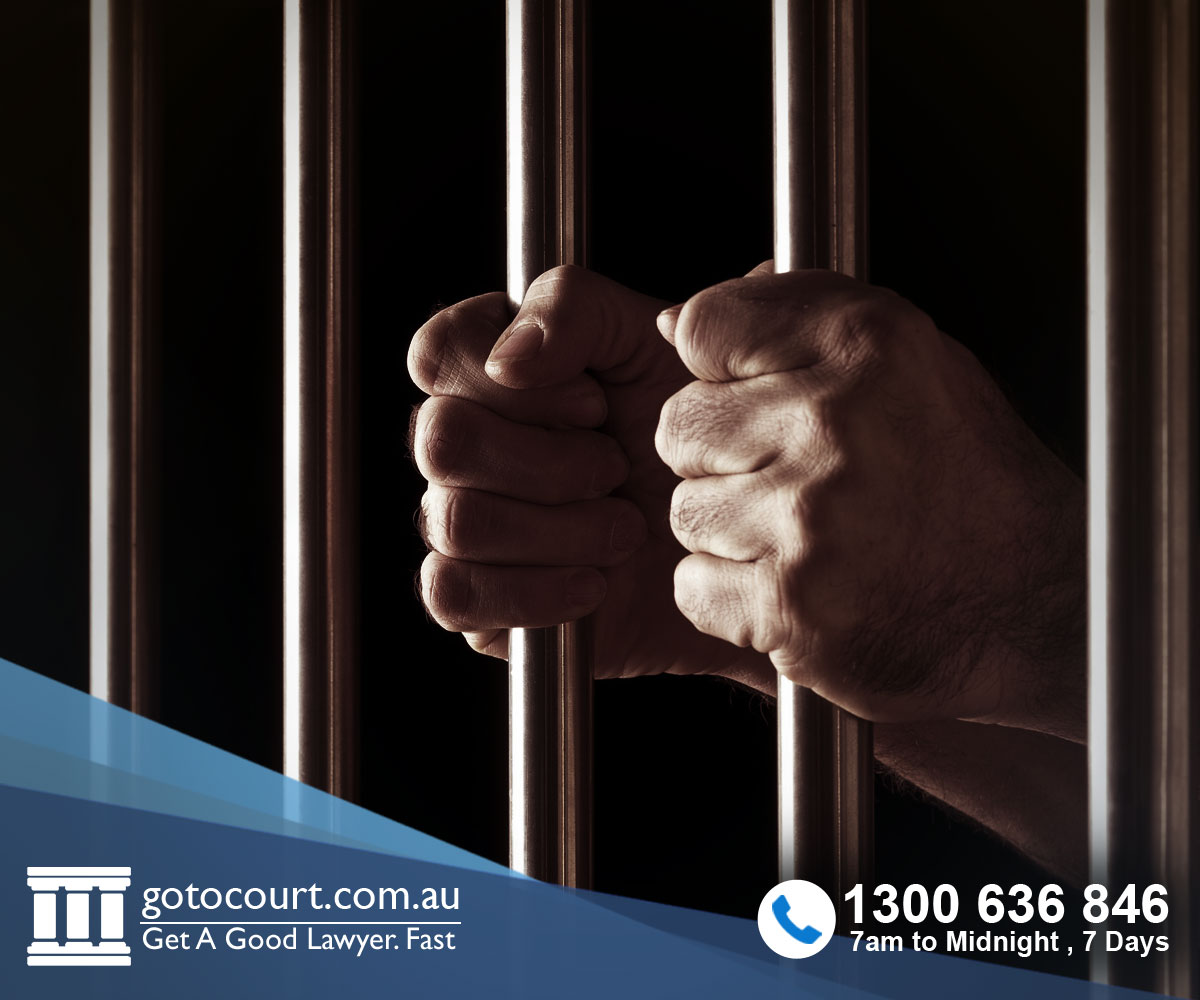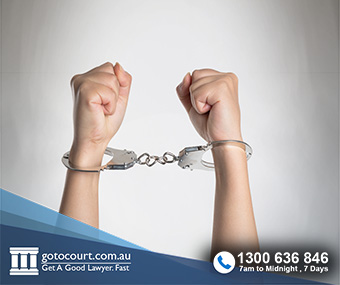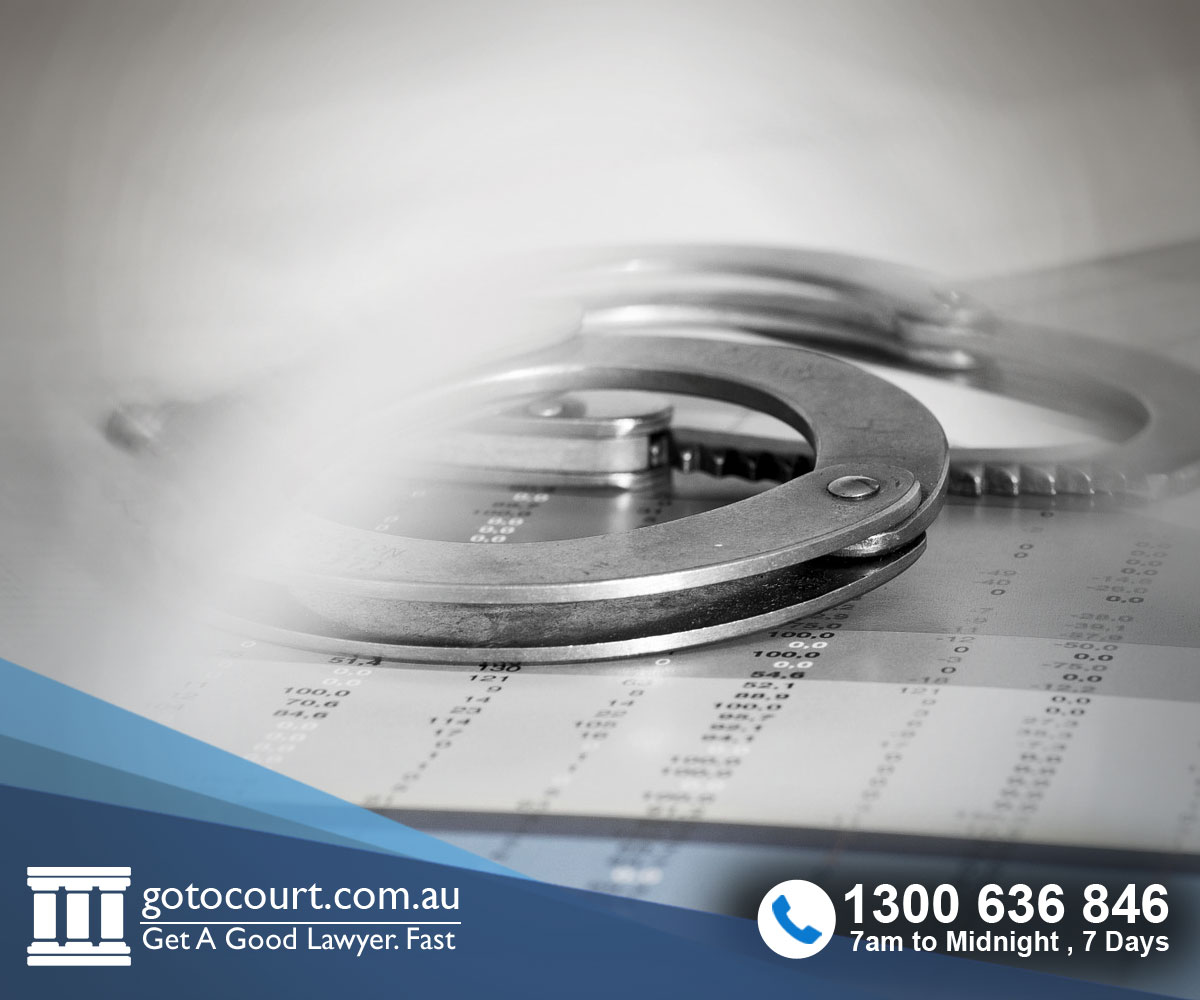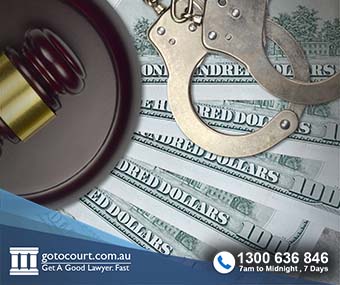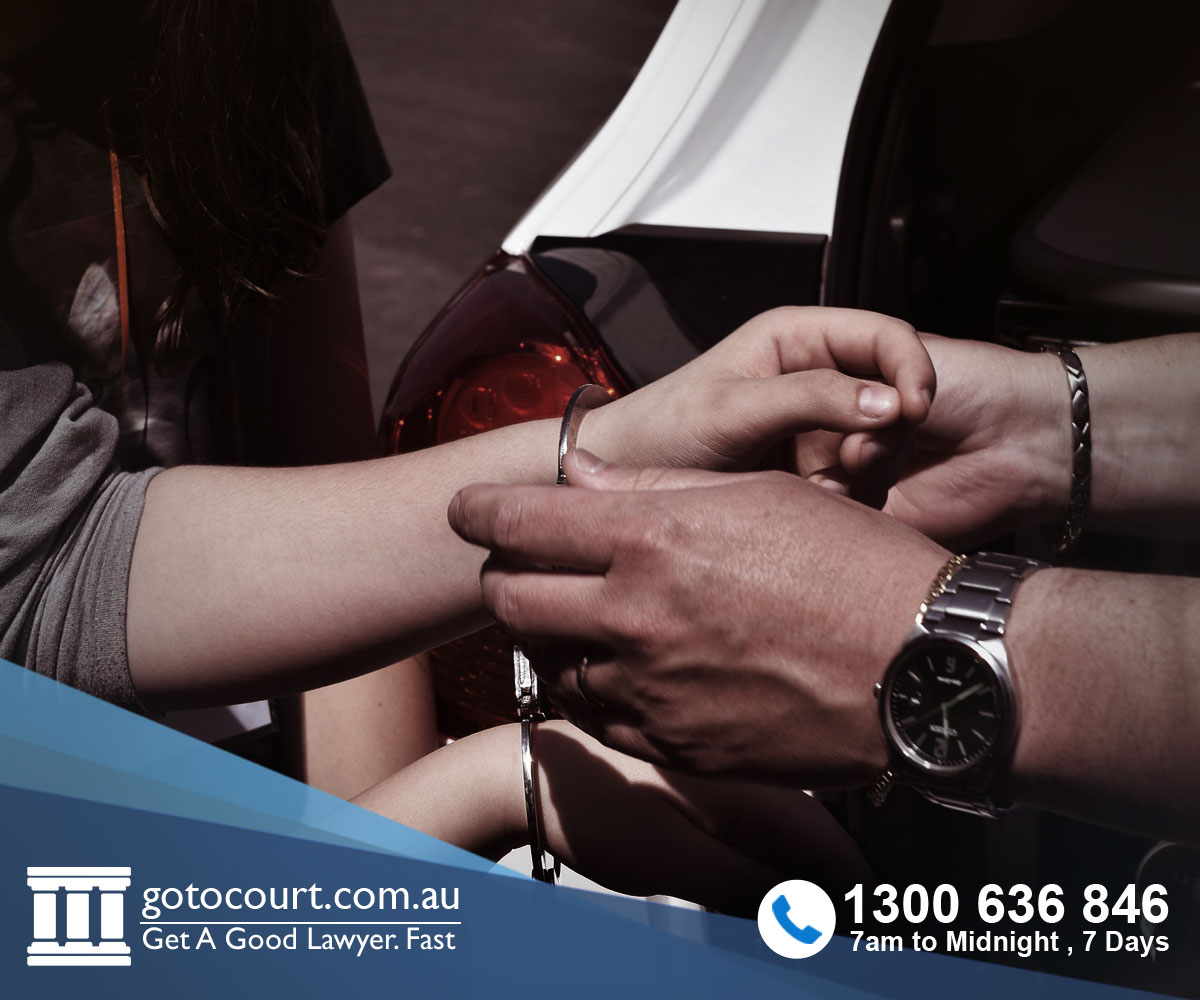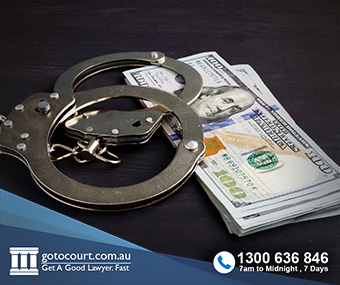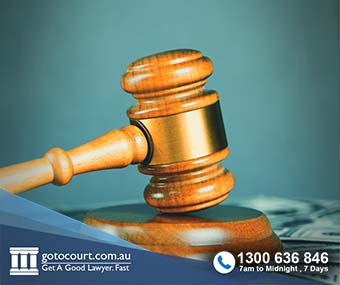Call our lawyers
now
or,
have our lawyers
call you
Applying for Bail in the Children’s Court of South Australia
Updated on Jan 10, 2023 • 4 min read • 353 views • Copy Link
Applying for Bail in the Children’s Court of South Australia
When a person is charged with criminal offences in South Australia, they may be remanded in custody or granted bail. Decisions about bail are governed by the Bail Act 1985. When a child applies for bail, the process is very similar to when the applicant is an adult; however, there are some additional factors that must be considered. This page deals with applying for bail in the Children’s Court in South Australia.
Age of criminal liability
In the ACT, as in all of Australia, the age of criminal liability in 10. A child aged over 10 can be charged with an offence and arrested or summonsed to attend court. A child over 10 can also be remanded in custody or granted bail in respect of offences.
Children aged 10-17 who are charged with criminal offences in the ACT are dealt with by the Children’s Court. A child who is found guilty of an offence can be sentenced to a range of penalties including a fine, a good behaviour bond or a term of detention.
Police bail or court bail?
Bail may be granted either by the police or by a court. When the police do not grant bail to an accused person, the person must be brought to a court at the earliest opportunity and given the chance to apply for bail. When the accused is under 18, this will happen in the Children’s Court.
How are bail applications decided?
When a court is assessing an application for bail, it should grant bail unless it considers bail should not be granted because of:
- the gravity of the offence
- the likelihood the person, if release, would offend again, abscond, or interfere with evidence;
- the applicant’s need for physical protection;
- the applicant’s medical needs;
- any previous contraventions of bail by the person.
Children applying for bail
When a child applies for bail, the court must also take into account the principles set out in section 3 of the Young Offenders Act 1993 which exist to ensure that children who commit offences are given the care, correction and guidance the need to develop into responsible members of the community. In particular, the court must have regard to the principles that:
- a young person should not be unnecessarily withdrawn from their family environment;
- a young person’s education or employment should not be unnecessarily interrupted;
- a young person’s sense of racial, ethnic or cultural identity should not be impaired;
- the community must be protected against wrongful acts.
Bail conditions
When a child is granted bail, they are released on condition they will attend court to answer the charges and not commit further offences. The court may also impose additional bail conditions if it has particular concerns about the child’s release.
Under section 11 of the Bail Act, a range of bail conditions may be imposed including:
- that the child must live at a specified address;
- that the child must not leave home except for specified reasons, such as to attend work or school;
- that the child must be supervised by a community corrections officer and obey their lawful directions.
Breaches of bail
In South Australia, there are a number of ways that a person (including a child) can be found to be in breach of bail. This may occur when the person fails to attend court when required to do so, when they commit an offence while on bail, or when they fail to comply with the conditions of their bail.
Under section 17 of the Bail Act, a person who breaches their bail in South Australia is guilty of an offence. This offence is punishable by imprisonment for up to two years or a fine of up to $10,000. However, the penalty imposed for a breach of bail must not be more than the maximum penalty for the principal offence the accused is charged with.
Review of bail decision
If the Children’s Court refuses an application for bail, the accused (or their guardian) can apply for review of that decision by the Supreme Court.
Remand
When a child is refused bail, they are remanded in a youth detention centre. By law, children who are in custody must be kept separate from adults who are in custody. This includes when a child is being temporarily held in custody at a police station or at a court.
If you require legal advice or representation in any legal matter, please contact Go To Court Lawyers.

Affordable Lawyers
Our Go To Court Lawyers will assist you in all areas of law. We specialise in providing legal advice urgently – at the time when you need it most. If you need a lawyer right now, today, we can help you – no matter where you are in Australia.How It Works







1. You speak directly to a lawyer
When you call the Go To Court Legal Hotline, you will be connected directly to a lawyer, every time.


2. Get your legal situation assessed
We determine the best way forward in your legal matter, free of charge. If you want to go ahead and book a face-to-face appointment, we will connect you with a specialist in your local area.


3. We arrange everything as needed
If you want to go ahead and book a fact-to-face appointment, we will connect you with a specialist in your local area no matter where you are and even at very short notice.


